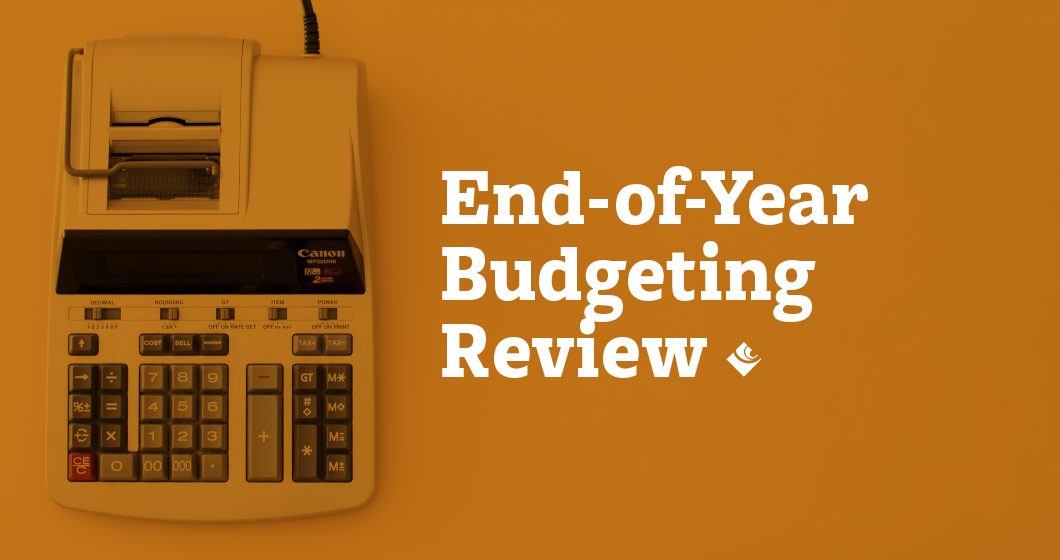
December 15, 2020
2020 is officially coming to a close meaning now is the time to give yourself a financial checkup. Take time to reflect on your finances and assess if they are where you want them to be; if not, learn what you might do to get back on track.
Take a look at the amount of money you are allocating to your IRA, 401(k), or other retirement savings accounts. Think about the monthly retirement income your money will generate. Online retirement calculators can help you see the future monthly income you are likely to need and the progress you’re making toward that goal.
Check the balance of your emergency fund. Make sure you have enough to cover three to six months of living expenses. In most cases, this should be adequate. 2020 has been tough on many. If you’ve dipped into your emergency fund or other savings, now is a good time to make a plan to replenish your accounts. Figure up how much you’ll need to allocate monthly to maintain your current savings amount and replenish what has been used over the coming months.
Review your credit card, student loans, mortgages, car loans, and other types of loans to determine how much debt you are carrying. Then assess whether your current repayment strategy is effective. Talk to a personal banker to discuss potential repayment strategies.
The end of the year is a good time to look at your will and estate plans. As your personal circumstances change, your plans must change, too. Work with a financial advisor to ensure your future plans reflect your current reality and long-term goals.
An end-of-the-year financial review can accomplish several things. It gives you the opportunity to consider your near- and long-term financial goals and make plans to reach them. Like any good checkup, it will likely tell you what you already know or tell you what changes are necessary. With a clear idea of your financial health, you can make plans for the new year with confidence.